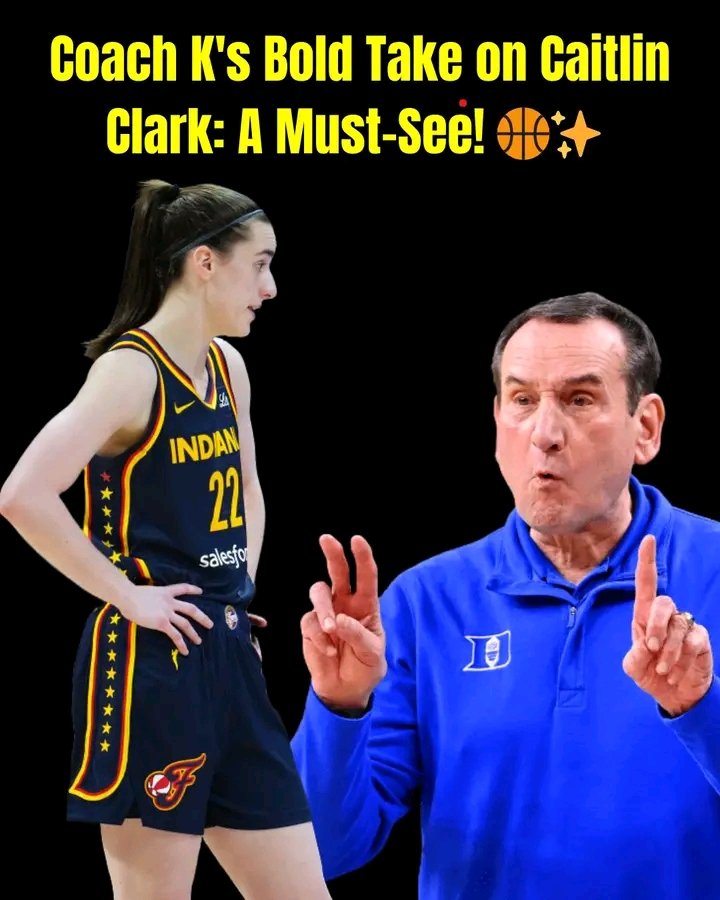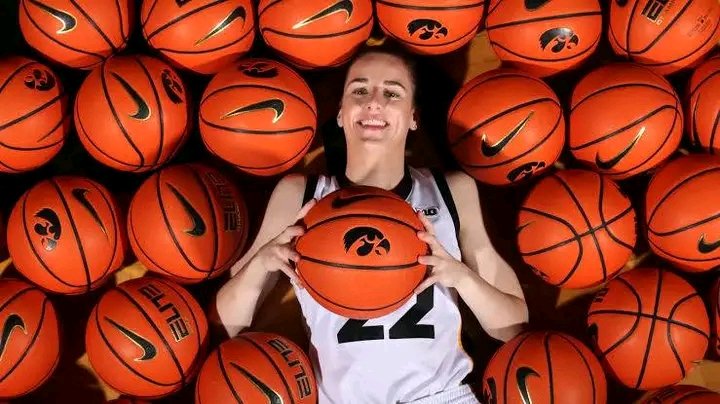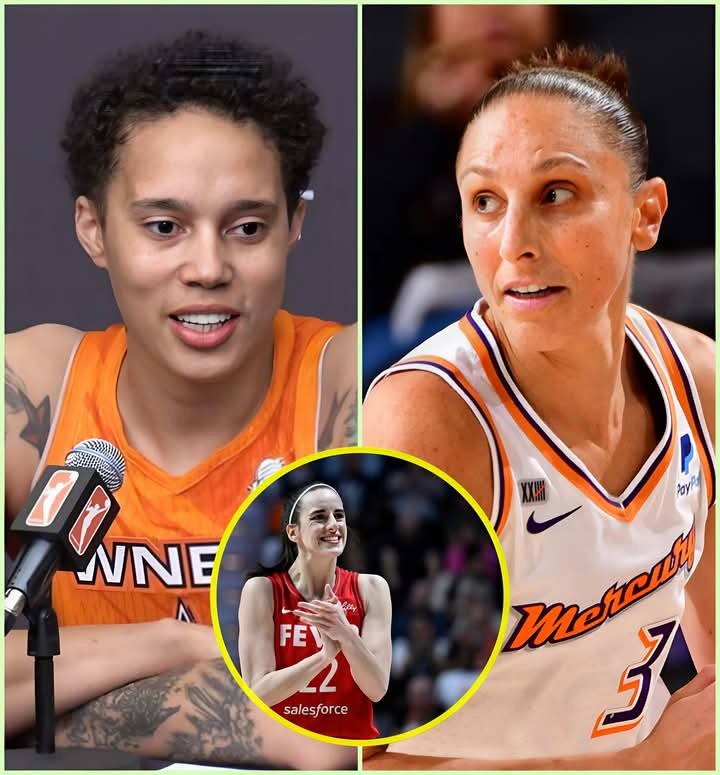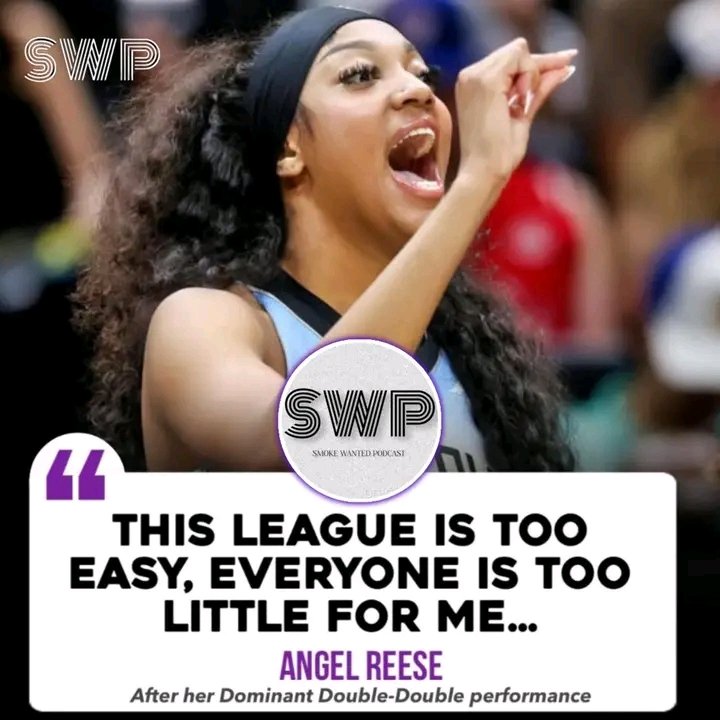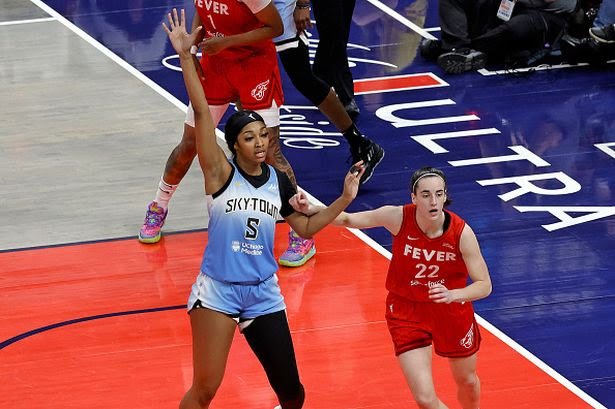
.In a post-game press conference, Reese reflected on the criticism she faced throughout the season, stating, “I don’t fit the box that y’all want me to be in.” She expressed pride in representing girls like herself and highlighted the importance of being unapologetically oneself in sports
. The debate surrounding their rivalry has sparked discussions on social media, with supporters defending Reese against claims of classlessness
.Clark, for her part, downplayed the incident, stating she was focused on the game and did not notice Reese’s gesture at the time. She praised LSU for their performance and acknowledged their deserving championship win
. However, the rivalry has taken on a life of its own beyond basketball, touching on broader societal issues such as race and representation in sports
.As both players transition to their WNBA careers, the dynamic continues to evolve. Their rivalry has become emblematic of larger conversations about race and gender in athletics, with Reese often positioned as a villain by some fans while Clark is celebrated
. This dichotomy reflects ongoing societal tensions and highlights how personal narratives intersect with public perception in sports.Reese’s comments have resonated with many, including notable figures like Shaquille O’Neal, who have voiced support for her stance against perceived double standards in sportsmanship
. As they prepare for their sophomore seasons, both athletes are expected to face increased scrutiny and pressure from fans and media alike.Ultimately, Reese and Clark’s rivalry represents more than just competition; it underscores the complexities of identity and representation in women’s sports.

